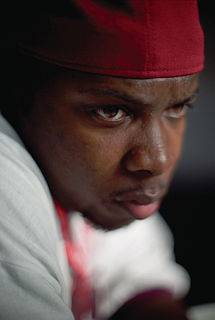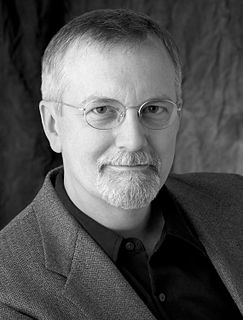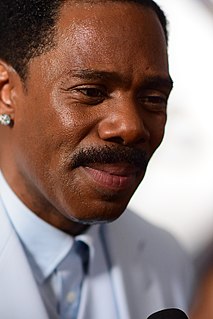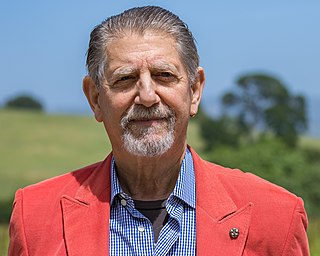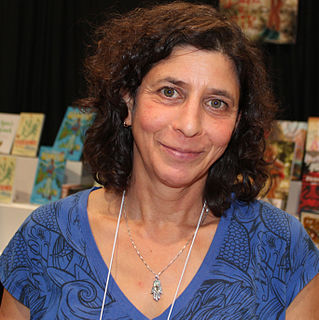A Quote by Teju Cole
It is a work of psychogeography, albeit in a less explicit sense than Iain Sinclair's or Will Self's. It had to be fiction though, because I needed that freedom of including whatever belonged, and cutting out whatever didn't. The main fiction in it was matching Julius' generous and self-concealing character to New York's generous and self-concealing character. I think this also adds to my answer about New York's personality in the book.
Related Quotes
Self-knowledge is not the knowledge of a dead self, self-knowledge is the knowledge of the process of the self. It is an alive phenomenon. The self is not a thing, it is an event, it is a process. Never think in terms of things, the self is not there inside you just like a thing waiting in your room. The self is a process: changing, moving, arriving at new altitudes, moving into new planes, going deeper into new depths. Each moment much work is going on and the only way to encounter this self is to encounter it in relationship.
I was raised in New York City and raised in the New York City theater world. My father was a theater director and an acting teacher, and it was not uncommon for me to have long discussions about the method and what the various different processes were to finding a character and exploring character and realizing that character.
A lot of the reason I left New York, in addition to being so broke, was that I just felt I was becoming provincial in that way that only New Yorkers are. My points of reference were really insular. They were insular in that fantastic New York way, but they didn't go much beyond that. I didn't have any sense of class and geography, because the economy of New York is so specific. So I definitely had access and exposure to a huge variety of people that I wouldn't have had if I'd stayed in New York - much more so in Nebraska even than in L.A.
When I first moved to New York, I had some colleagues who said I should be my straightest self - whatever that means - when I went into casting offices, but I didn't want to put on an act of what I thought was heterosexual. I just wanted to be myself, and I'm very grateful because I feel like I've been embraced for that.
The idea of absolute freedom is fiction. It's based on the idea of an independent self. But in fact, there's no such thing. There's no self without other people. There's no self without sunlight. There's no self without dew. And water. And bees to pollinate the food that we eat...So the idea of behaving in a way that doesn't acknowledge those reciprocal relationships is not really freedom, it's indulgence.
Something will be there when the flood recedes. We know that. It will be those people now standing in the water, and on those rooftops - many black, many poor. Homeless. Overlooked. And it will be New Orleans - though its memory may be shortened, its self-gaze and eccentricity scoured out so that what's left is a city more like other cities, less insular, less self-regarding, but possibly more self-knowing after today. A city on firmer ground.




